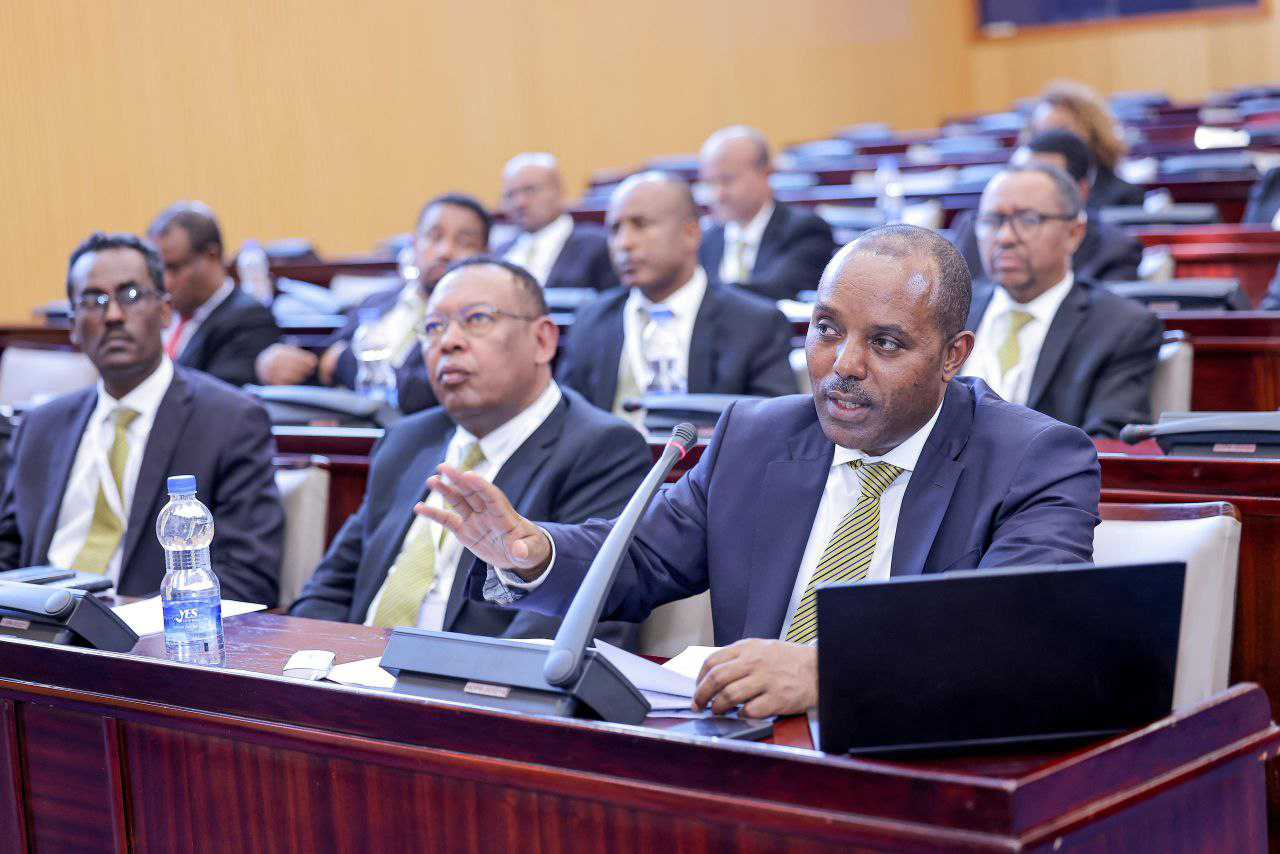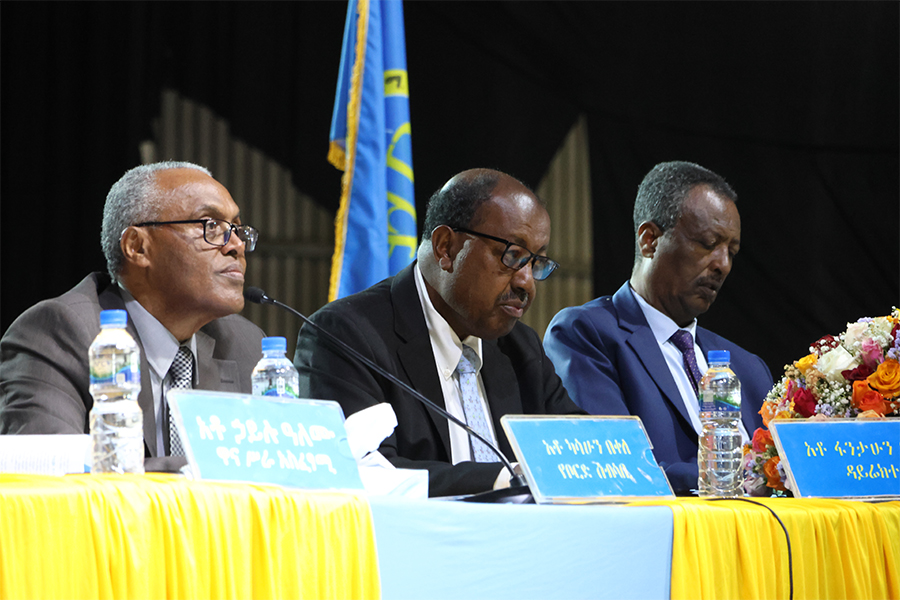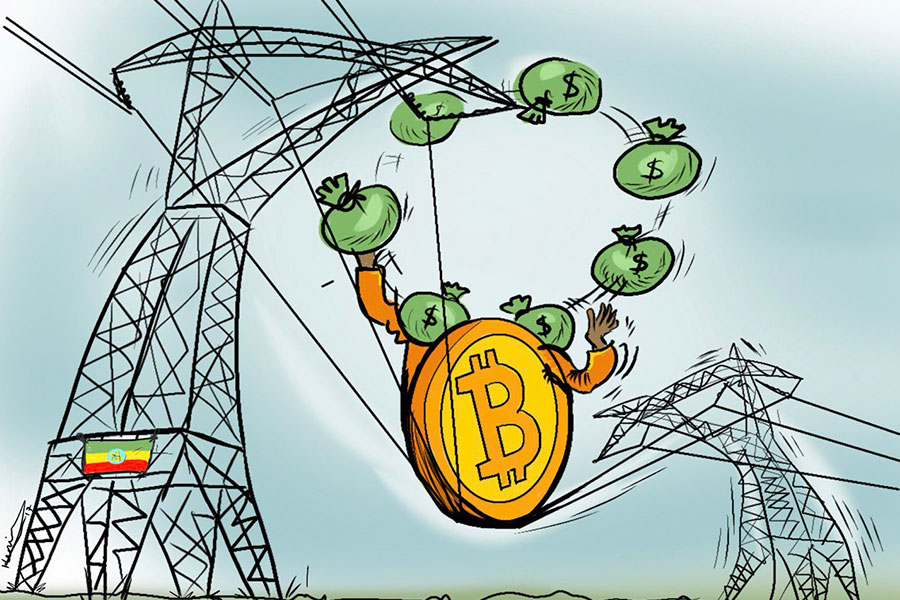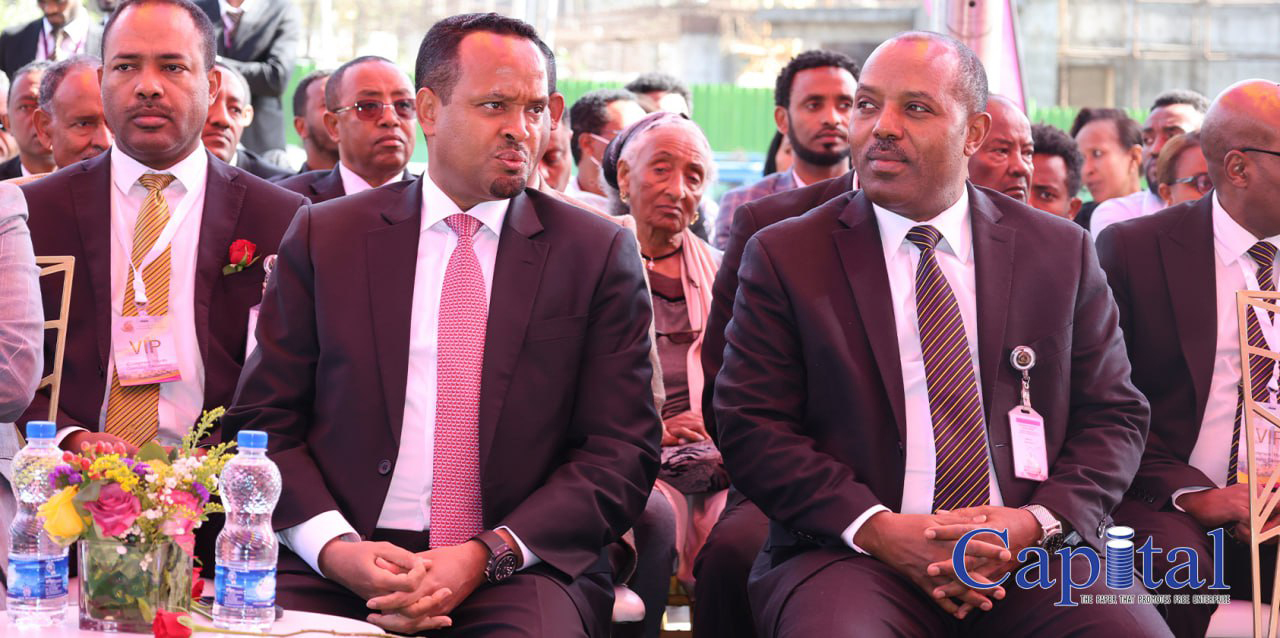
My Opinion | 127033 Views | Aug 14,2021
Apr 5 , 2025
By Mahmoud Mohieldin , Paolo Gentiloni and Trevor Manuel
With a unique focus on sustainable development beyond mere debt repayment, a new UN initiative sets its sights on comprehensive strategies to address debt stress that transcend temporary fixes. In this commentary provided by Project Syndicate (PS), Mahmoud Mohieldin, UN Special Envoy on Financing the 2030 SDGs, Paolo Gentiloni, former European economic Commissioner, Trevor Manuel, former minister of finance of South Africa, and Yan Wang, former senior economist at the World Bank, and senior academic researcher at the Boston University Global Development Policy Centre, (all four of them co-chair the Expert Group on Debt), argue innovative solutions should gain global traction to promote meaningful change, expanding fiscal spaces and empowering economies to prioritise their citizens' welfare.
Economic development requires financing that is affordable, accessible, and has maturities matched to development outcomes. Yet, for most developing countries, none of the above apply. Instead, an escalating "debt distress" is unfolding across much of the developing world, exacerbated by a series of cascading global crises.
The urgency of the current crisis cannot be overstated. Over half of the 68 countries eligible for the International Monetary Fund's (IMF) Poverty Reduction & Growth Trust (PRGT) are now facing debt distress, more than double the number in 2015.

But even this figure fails to capture the scale of the problem, as many countries outside the PRGT framework are also grappling with crippling debt burdens and liquidity challenges. Between 2017 and 2023, developing countries' average debt-service costs surged by nearly 12pc a year, more than double the growth rate of their exports and remittance earnings. Consequently, external debt sustainability deteriorated in two-thirds of developing countries over this period, including 37 of 45 African countries with available data.
Despite their unsustainable debt burdens, many countries are reluctant to default, owing to inefficient debt-resolution mechanisms and prohibitively high political and economic costs. As a result, indebted countries prioritise their creditor obligations over their own development, as ballooning debt-service payments crowd out vital investments in infrastructure and human capital, stifling growth and delaying climate action. Today, 3.3 billion people live in countries that spend more on debt servicing than healthcare and education, the vast majority in middle-income economies.
If left unaddressed, current liquidity constraints could quickly morph into a full-blown solvency crisis. Urgent intervention is, therefore, needed to avert a wave of defaults and put indebted countries on the path to economic independence.
In response to the escalating debt crisis in the Global South, United Nations Secretary-General Antonio Guterres established the Expert Group on Debt in December 2024. Its members are tasked with identifying and advancing policy solutions to help developing economies, particularly African countries and small island developing states, break free from the vicious cycle of debt distress.
Although previous UN working groups have tackled sovereign debt issues, several factors set this initiative apart.
The first is timing. Successive economic shocks have forced developing countries to borrow, typically at high interest rates, severely restricting their fiscal space. With five years left until the 2030 deadline for achieving the Sustainable Development Goals (SDGs), developing countries, impeded by a persistent four trillion dollars financing gap, are on track to meet less than one-fifth of the SDG targets.
While previous initiatives focused on developing countries' ability to repay and service their debts, the Expert Group aims to ensure that any proposed solutions support sustainable development.
The Expert Group aims to identify and promote solutions that can gain political and public support at the global, regional, and national levels. While bold and ambitious measures are essential to addressing the current debt and development crisis, we cannot afford to pursue proposals that stand little chance of achieving the support required to drive meaningful change.
With this in mind, the Expert Group seeks to develop comprehensive strategies. Stabilising debt dynamics could take years if solutions apply only to new debt or fail to foster economic growth. Trade-offs should also be carefully considered; increased reliance on guarantees, for example, might mobilise more private capital but could reduce access to concessional financing and grants for sovereigns.

Lastly, the Expert Group's composition and outreach make it uniquely positioned to address these issues. Supported by UN Trade & Development (UNCTAD) and other international bodies, the Group brings together former and current officials, policymakers, and leading academics, combining technical expertise with high-level influence. Its strong ties to key institutions and networks, including international financial institutions, the G20, Jubilee 2025, and various regional and national organisations and agencies, create valuable opportunities to engage policymakers, scholars, civil society representatives, and other stakeholders. The Group can help mobilise political will and refine emerging proposals by facilitating coordination among UN member states.
Three upcoming gatherings, in particular – July's Fourth International Financing for Development Conference in Spain; the G20 Summit in South Africa: and November's UN Climate Change Conference (COP30) in Brazil – could serve as critical platforms to promote realistic and practical policy solutions.
No single reform will resolve the developing world's debt crisis overnight. But, the crisis has exposed the limitations of conventional approaches, demonstrating the urgent need to rethink the structure and purpose of sovereign debt so that countries are no longer forced to choose between repaying their creditors and securing their future. Given the stakes, any solution should be swift and capable of uniting a broad coalition of stakeholders.
But, speed cannot come at the expense of long-term progress. To break the cycle of debt distress, solutions should go beyond short-term fixes and serve as a foundation for sustainable development.
PUBLISHED ON
Apr 05,2025 [ VOL
26 , NO
1301]

My Opinion | 127033 Views | Aug 14,2021

My Opinion | 123170 Views | Aug 21,2021

My Opinion | 121328 Views | Sep 10,2021

My Opinion | 119236 Views | Aug 07,2021





Dec 22 , 2024 . By TIZITA SHEWAFERAW
Charged with transforming colossal state-owned enterprises into modern and competitiv...

Aug 18 , 2024 . By AKSAH ITALO
Although predictable Yonas Zerihun's job in the ride-hailing service is not immune to...

Jul 28 , 2024 . By TIZITA SHEWAFERAW
Unhabitual, perhaps too many, Samuel Gebreyohannes, 38, used to occasionally enjoy a couple of beers at breakfast. However, he recently swit...

Jul 13 , 2024 . By AKSAH ITALO
Investors who rely on tractors, trucks, and field vehicles for commuting, transporting commodities, and f...

Apr 6 , 2025
Last week, the International Finance Corporation (IFC), part of the World Bank Group...

Mar 30 , 2025
When the private satellite channel, Ethiopian Broadcasting Service (EBS), aired an em...

Mar 23 , 2025
Getachew Redda, head of the Tigray Interim Regional Administration (TIRA), at least u...

Mar 16 , 2025
Ask anyone about the population of Addis Abeba, and a straightforward answer proves e...

Apr 6 , 2025
F ederal officials and private sector leaders are finalising the first consolidate...

Apr 6 , 2025 . By RUTH BERHANU
Federal officials and private sector leaders are finalising the first consolidated tr...

Apr 6 , 2025 . By AKSAH ITALO
Key Takeaways: CBE accomplished a 344.4pc increase in deposits within eight mo...

Apr 6 , 2025 . By BEZAWIT HULUAGER
Key Takeaways Ethiopian insurers will transition to IFRS 17 by 2027, meeting i...